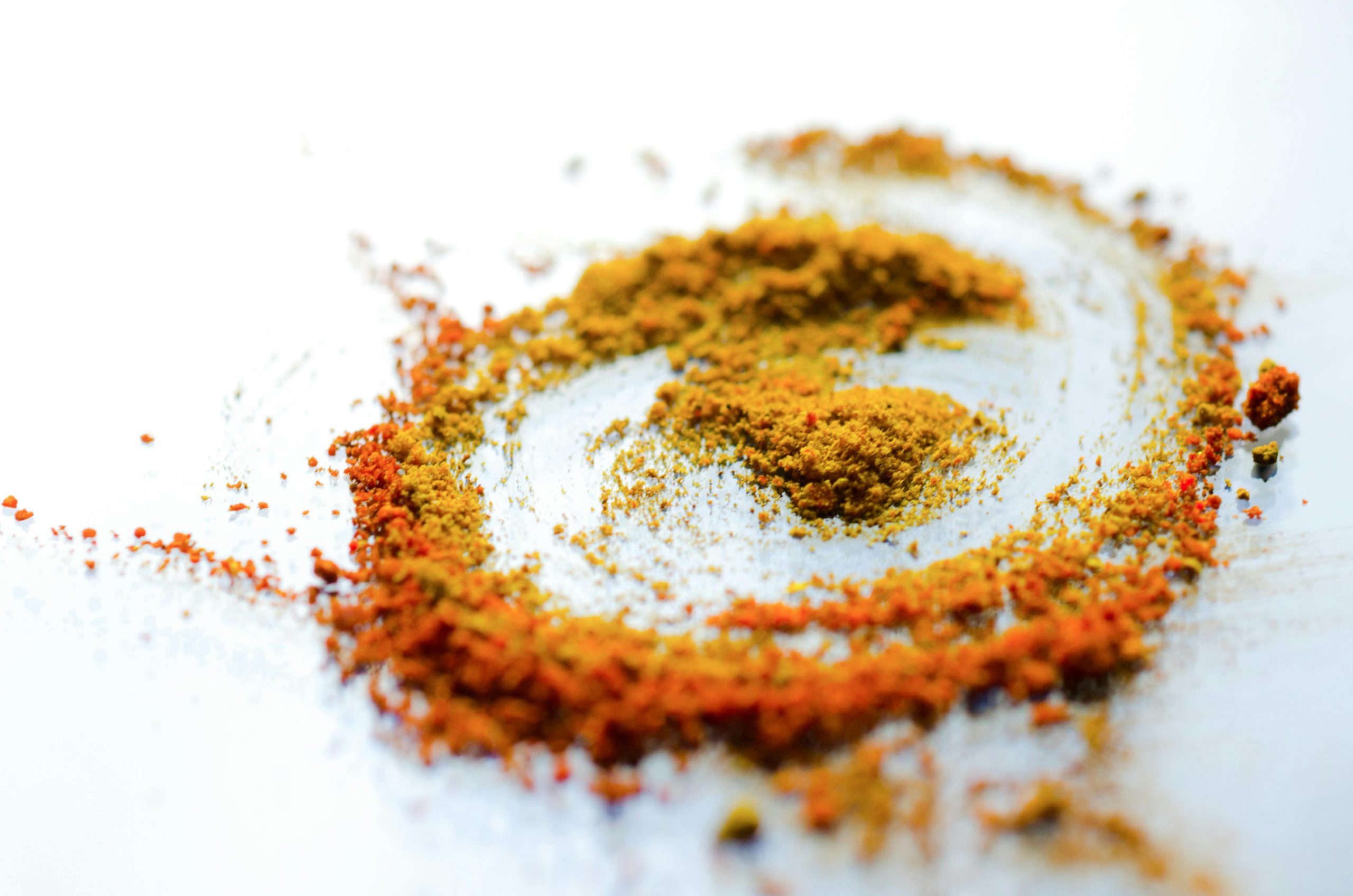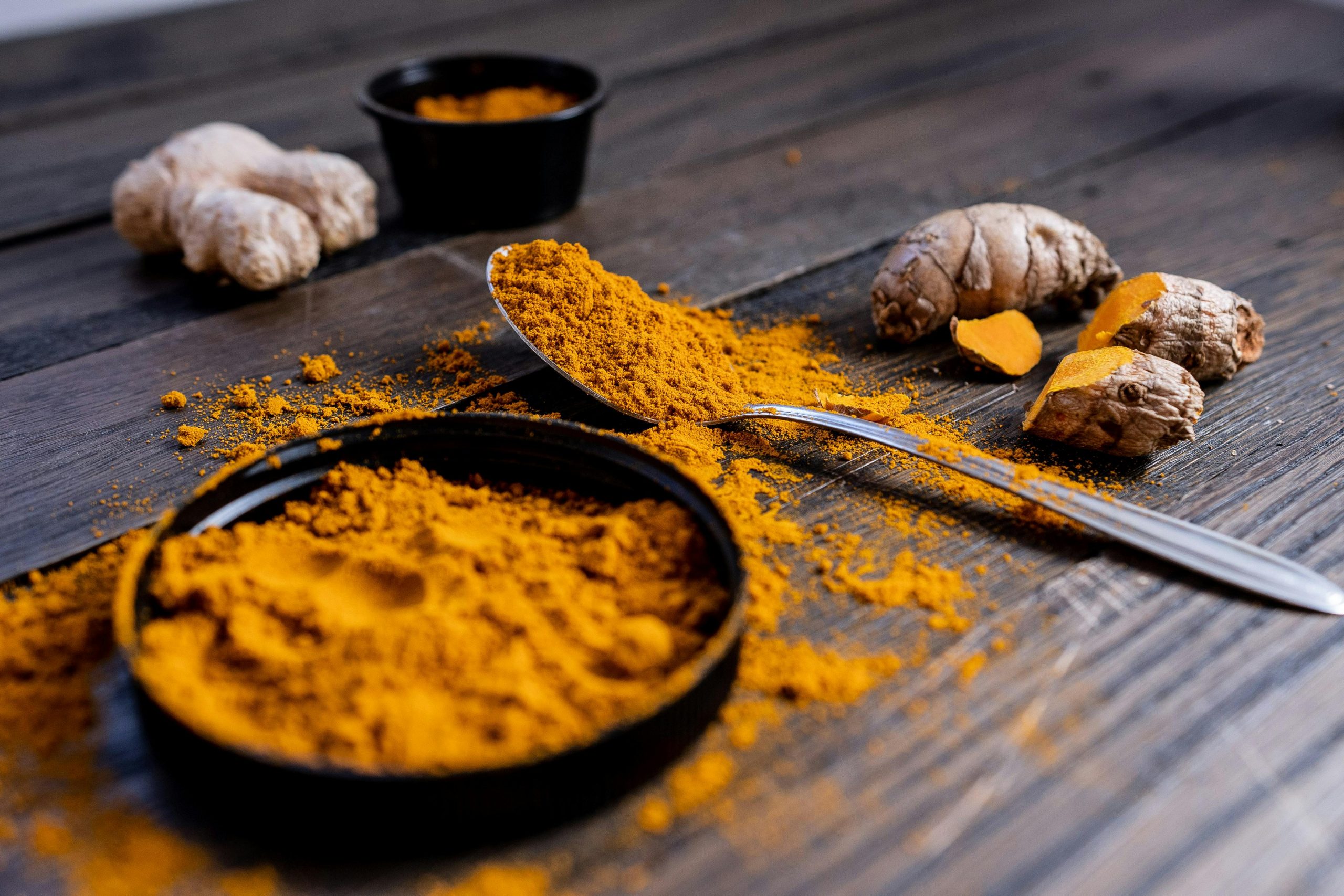Best Time to Take Turmeric for Maximum Health Benefits


Turmeric has gained popularity as one of the most powerful natural supplements for promoting overall health. Known for its active compound curcumin, turmeric offers anti-inflammatory, antioxidant, and immune-boosting benefits. But to make the most of it, timing matters.
Understanding when to take turmeric can significantly impact how well your body absorbs it — and how effectively it supports your health goals. This guide explains the best times to take turmeric, how to enhance its absorption, and what to avoid for maximum results.
Why Timing Matters for Turmeric
Like most supplements, turmeric works best when taken consistently and under the right conditions. Timing affects how your body digests and absorbs curcumin — the key compound responsible for turmeric’s benefits.
Curcumin is poorly absorbed on its own, which means that even if you take turmeric daily, you might not be getting its full benefits without understanding proper timing and combination.
Certain times of the day, such as before meals or before bed, can improve how well your body utilizes the curcumin content and reduce side effects like stomach upset.
The Science Behind Turmeric’s Benefits

Before diving into timing, it’s helpful to understand what turmeric does in your body.
Curcumin, the main active ingredient, is known for its ability to:
- Reduce inflammation: Helps with arthritis, joint pain, and muscle soreness.
- Act as an antioxidant: Neutralizes free radicals that damage cells.
- Support brain health: May improve memory and mood.
- Aid digestion: Promotes healthy gut function and reduces bloating.
- Enhance heart health: Supports circulation and reduces cholesterol buildup.
Because these effects are cumulative, taking turmeric regularly at a consistent time of day can help maximize its benefits.
The Best Times to Take Turmeric
The ideal time to take turmeric depends on your personal health goals and lifestyle. Here are the most effective options:
1. Morning: For Energy & Inflammation Control
Taking turmeric in the morning — especially with breakfast — helps kickstart your day with natural energy. It also helps reduce inflammation that can build up overnight.
Why it works:
- Supports metabolism and energy levels.
- Eases joint stiffness and morning aches.
- Boosts immunity early in the day.
Tips:
- Take it with a small meal containing healthy fats (like avocado or eggs) to improve absorption.
- Add a pinch of black pepper to your turmeric tea or smoothie to enhance curcumin uptake.
2. Evening: For Recovery & Relaxation
Many people prefer taking turmeric at night to support recovery and relaxation after a long day.
Why it works:
- Reduces muscle soreness after exercise.
- Supports deep, restorative sleep by reducing nighttime inflammation.
- Calms the body and mind before bed.
Tips:
- Mix turmeric powder with warm milk or a plant-based alternative for a soothing “golden milk” drink.
- Add honey and cinnamon for taste and extra health benefits.
3. Before or After Meals: For Better Absorption
Since turmeric can aid digestion and reduce bloating, taking it before or after meals works well for gut health.
Why it works:
- Curcumin helps regulate bile production for smoother digestion.
- Taking it with food helps prevent stomach irritation.
Tips:
- Pair turmeric with meals that contain fats or oils — such as olive oil, nuts, or fish — for improved absorption.
- Avoid taking turmeric on an empty stomach, especially if you’re prone to acid reflux.
How to Take Turmeric for Maximum Absorption

Even if you take turmeric at the right time, how you take it matters just as much.
Here’s how to make sure your body absorbs the most curcumin possible:
- Combine with black pepper: Piperine, found in black pepper, increases curcumin absorption by up to 2,000%.
- Add healthy fats: Curcumin is fat-soluble, meaning it needs dietary fat to dissolve and enter your bloodstream.
- Use warm liquids: Mixing turmeric with warm water or milk helps release its beneficial compounds.
- Choose high-quality supplements: Look for formulations labeled “with piperine” or “enhanced bioavailability.”
Different Forms of Turmeric
You can take turmeric in various forms depending on your preference and goals.
- Turmeric Powder:
- Most common and versatile.
- Great for cooking or making teas.
- Combine with black pepper and oil for best results.
- Turmeric Capsules or Tablets:
- Convenient for consistent dosing.
- Ideal for people who dislike the taste.
- Check the label for piperine or lipid-based formulations.
- Turmeric Tea or Golden Milk:
- Combines warmth with natural absorption boosters like milk or coconut oil.
- Calming before bedtime and soothing for digestion.
- Turmeric Gummies or Tonics:
- Fun, flavorful, and easy to take daily.
- Great for children or those sensitive to capsules.
Should You Take Turmeric Daily?
Yes — turmeric works best when taken consistently. Its benefits build up over time as curcumin accumulates in your system and helps regulate inflammation.
Recommended dosage:
- Most studies suggest 500–2,000 mg of turmeric extract (curcumin) per day for general health.
- Always consult your doctor before starting supplements, especially if you take medication or have chronic conditions.
Who Should Be Cautious When Taking Turmeric
While turmeric offers many health benefits, such as reducing inflammation and supporting immune function, it’s not suitable for everyone. Some people should be cautious or consult their doctor before adding turmeric supplements to their routine, especially in higher doses.
Avoid or consult your doctor if you:
- Take blood thinners (like warfarin or aspirin): Turmeric has natural blood-thinning effects that can increase bleeding risk when combined with these medications.
- Are pregnant or breastfeeding: High doses of turmeric may cause uterine contractions or hormonal changes, so moderation is essential.
- Have gallbladder issues or kidney stones: Turmeric contains oxalates that can aggravate gallstones or contribute to kidney stone formation.
- Are scheduled for surgery: Stop turmeric supplements at least two weeks before surgery to reduce bleeding risk and ensure safer recovery.
Even though turmeric is considered safe for most people, taking too much can lead to side effects like stomach upset, nausea, or dizziness. It’s best to start with small amounts and observe how your body responds.
If you’re already on medication or managing a chronic health condition, speak with your healthcare provider before making turmeric a daily supplement. Using turmeric wisely ensures you gain its anti-inflammatory and antioxidant benefits without compromising your health.
Common Mistakes When Taking Turmeric
To get the full health benefits of turmeric, it’s important to know how to take it correctly. Many people use turmeric supplements or powder without realizing that small mistakes can reduce its effectiveness or even cause discomfort.
Here are common mistakes to avoid:
- Taking it on an empty stomach: Turmeric can irritate the stomach lining, especially in higher doses. Always take it with food to aid absorption and reduce discomfort.
- Skipping black pepper or healthy fats: Curcumin, the active compound in turmeric, isn’t easily absorbed by the body. Pairing turmeric with black pepper (piperine) or fats like olive oil or avocado can boost absorption by up to 2,000%.
- Expecting instant results: Turmeric’s anti-inflammatory and antioxidant effects build up over time. Consistent daily use for several weeks is often needed before noticeable benefits appear.
- Using low-quality supplements: Not all turmeric products are the same. Some contain very little curcumin or are filled with unnecessary additives. Look for standardized extracts with at least 95% curcuminoids for better results.
- Taking too much at once: More isn’t always better. High doses can lead to nausea or digestive upset, so follow recommended guidelines on the label or from your healthcare provider.
Consistency, quality, and proper pairing are the keys to making turmeric truly effective. When used correctly, it can support joint health, digestion, and overall inflammation control safely and naturally.
Combining Turmeric with Other Supplements
Turmeric can be taken safely with most other vitamins and natural supplements. It pairs particularly well with:
- Ginger: For added anti-inflammatory and digestive benefits.
- Omega-3s: For enhanced heart and brain health.
- Vitamin D: To support immune function and joint strength.
- Probiotics: For improved gut health and nutrient absorption.
However, always check with a healthcare provider before combining supplements, especially if you take prescription medications.
Practical Tips for Adding Turmeric to Your Routine
Here are simple ways to make turmeric a daily habit:
- Add ½ teaspoon of turmeric powder to your morning smoothie.
- Sprinkle turmeric on roasted vegetables, soups, or rice.
- Drink golden milk in the evening as a calming ritual.
- Take turmeric capsules at the same time each day.
- Store turmeric in an airtight container away from sunlight.
These small habits make it easy to stay consistent and enjoy the full benefits of turmeric.
When to Expect Results
Turmeric’s benefits build gradually. You may start to notice small improvements after 2–4 weeks of consistent use.
Typical timeline:
- 2 weeks: Reduced bloating and mild joint relief.
- 4–6 weeks: Noticeable energy improvement and less inflammation.
- 8+ weeks: Stronger immune system, better digestion, and improved skin tone.
Remember, results vary depending on your diet, health status, and lifestyle habits.
Final Thoughts
Turmeric is a versatile and powerful natural supplement, but to truly experience its benefits, timing and consistency are key.
Whether you take it in the morning to boost energy or in the evening to relax and recover, the most important step is making it part of your daily routine. Pair it with black pepper and healthy fats to ensure maximum absorption.
With smart use and patience, turmeric can become one of the simplest and most effective additions to your long-term health routine.